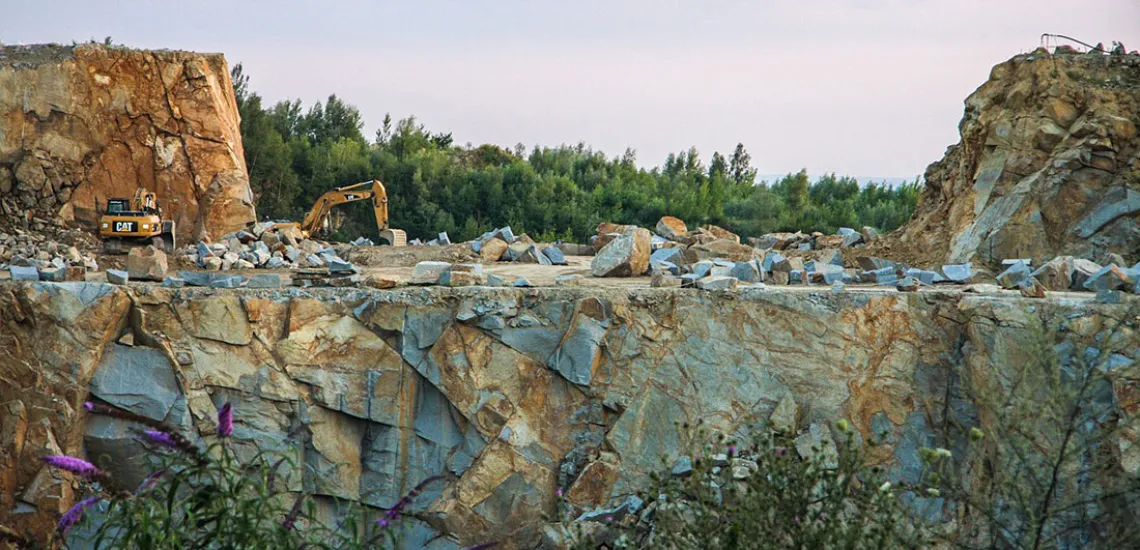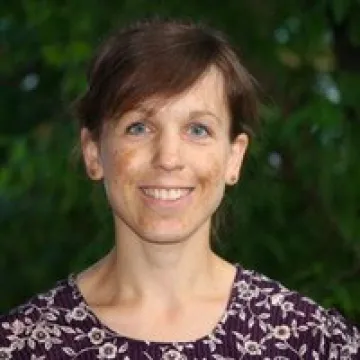
When
Where
Overview
Studies on “social license to operate” have brought insights on large-scale resource extraction and tensions in remote areas. Framing resource extraction through metropolitan extractive and post-extractive issues also allows to address aspects of governance—otherwise less visible—that could help sustainable decision-making in the extractive sector. Drawing on the case study of two limestone quarries in Montreal (Quebec, Canada), this communication will highlight three challenges related to the urban recycling of metropolitan post-extractive areas. Resource extraction impacts will be unfolded through the notion of “technical lands”—the meeting points of contested relations between history, knowledge, material practices and environmental change. Resistances to change will then be addressed through the “narratives of revitalization” brought forth by stakeholders. Conflict resolution will finally be framed through the notion of “critical landscape.”
About Marie-Noëlle Carré

Marie-Noëlle Carré was trained in geography and land planning. She dedicated her PhD (Université Sorbonne-Nouvelle Paris 3 - IHEAL-CREDA, France) to waste governance and management in Buenos Aires, Argentina and her postdoctoral research (Centre de Recherche en Éthique - Université de Montréal) to environmental and political ethics of closured sanitary landfills in Montreal, Quebec, Canada.
She currently works as a project director in an urbanism and planning company in Montreal. She also is a lecturer at Université de Montréal and teaches in the postgraduate program "Environment and Sustainable Development.” As an associated researcher to the CREDA (Centre de recherche et de documentation des Amériques - France), Marie-Noëlle is involved in the research program GUYINT (The challenges of the Guianas plateau's Governance) directed by François-Michel Le Tourneau (UMI iGlobes CNRS/University of Arizona).
Header photo by schauhi, courtesy Pixabay.
